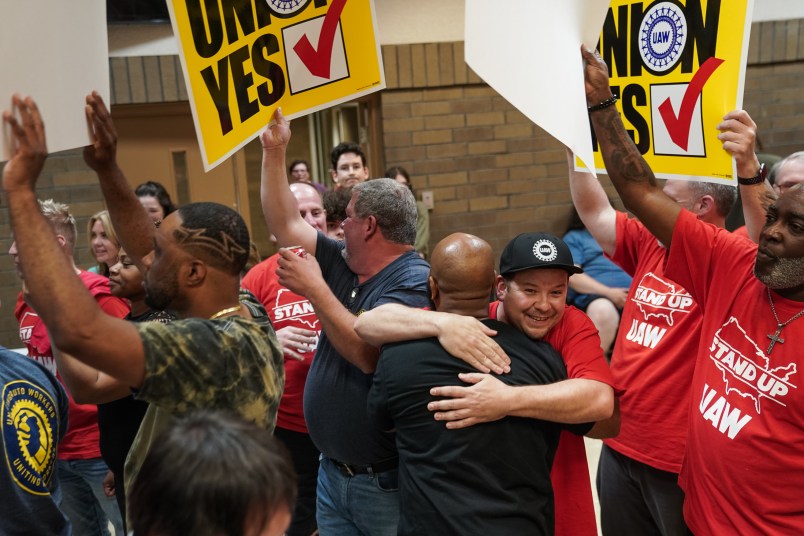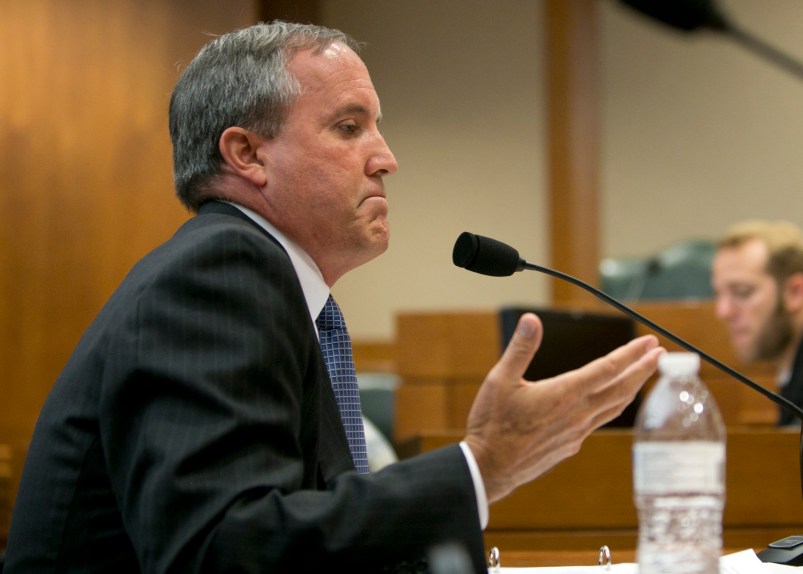Lack of “maternal instincts.” That is what local Ravalli County deputy attorney Thorin Geist dubbed it when he spoke about Casey Gloria Allen, a 21-year-old Montana woman being charged with criminal endangerment of a child.
The “child,” in this case, was a 12-week fetus, and the “endangerment” was that Allen tested positive for narcotics.
Allen is only one of the latest in a long series of people learning that criminalizing pregnant women and girls begins at the moment of conception and that from the point sperm and egg meet, a “mother’s” legal obligation to protect that fertilized egg begins. Within the last few years “fetal protection” laws have been used increasingly not to punish those who harm a pregnant person (and, hence, her fetus) but to penalize the pregnant person herself, punishing her for actions taken against her own body.
Charging pregnant people with felony crimes like “child endangerment” and “child abuse” in order to add additional penalties to already existing drug use crimes are traditionally a way to establish separate personhood for the unborn. However, they also have the added element of allowing society to enforce their own beliefs of what constitutes the “good” mother. Law enforcement agencies aren’t usually quite as blunt about their intentions as they have been in Ravalli County in Montana, where Allen was arrested.
“The reality for some of these women is the need for drugs is stronger than any maternal instinct they have,” explained Geist, the county D.A. who charged Allen, according to the local news. Geist’s statement makes it clear that the expectation is that women, regardless of their circumstances, are expected to magically metamorphose into good mothers immediately upon conception.
“This quote evokes the ultimate expression of the Nanny State,” said local Montana activists Emily Likins and Lyndsey Bourke, who have been following Allen’s arrest closely. “This woman is being ‘grounded’ — sent to her jail cell instead of her room to think about her misbehavior until her maternal instinct is stronger than her need for drugs — implying that the best way to deal with ‘these women’ is incarceration, to protect them from themselves.”
“This is clearly an unconstitutional effort by anti-choice actions to set legal precedence in favor of personhood,” added Likins and Bourke.
Situations like Allen’s are popping up all over the country, all with similar charges being levied and court precedents being set or new laws introduced. Pregnant drug use in Alabama resulting in the state being able to introduce life beginning at the moment of conception into the state constitution, and then “protect” that life in utero at all stages from any actions taken by its “mother.” The threat of drug use in pregnant people in Tennessee evolved into a law that will now allow the state to jail all pregnant drug users if their babies are born testing positive for illegal substances. A Texas woman had a warrant out for her arrest, accusing her of “felony endangering a child” after she admitted to taking cocaine while pregnant, an admission she allegedly made three months after she had given birth. The examples go on.
Yet while all the courts pressing charges in these cases appear to agree that the mother in the situation isn’t acting in the best interest of the child that she is carrying (and that doing so should not only be her obligation but also her top priority), they seem less inclined to agree on what exactly is in the best interest of the child in utero.
When a Wisconsin mother told her doctor that she has struggled in the past with drug addiction but had recovered, the courts threw her into a inpatient drug treatment center against her will. In Texas, a pregnant woman undergoing drug treatment had to fight to get the methadone she needed in order to continue fighting her addiction, despite medical opinions that going without it could put her at risk for miscarriage or stillbirth.
In fact, despite all these legal minds apparently agreeing that the best place for a pregnant women who tested positive for illegal drugs is behind bars, where they can protect her future progeny, they are often showing little interest in making sure that person has a healthy birth. In New Jersey, the state Supreme Court is hearing arguments in a case that could ban prisons from offering methadone treatment to pregnant people in jail. According to critics, because the baby still shows signs of neonatal abstinence syndrome (NAS) once it is born, that means the methadone treatment itself is causing harm to the fetus. Lawyers are presenting this argument despite the fact that methadone is a medically recommended treatment for addiction.
In their quest to end abortion by creating a legally established definition of personhood that begins at the point of fertilization, the anti-abortion movement again reminds us that “mothers” are often little more than pawns, used to further their agenda but then discarded, along with the potential future children they claim they are trying to protect. By criminalizing neglect during pregnancy, abortion opponents are creating “children” who must be protected earlier and earlier in gestation, then in fact putting those children into harm’s way. These newly created “persons” are not in danger as much from the “endangerment,” “assault” or “abuse” that these women are being charged with, but because they are blocking the very best medical care they say they want these new lives to receive.
When a person who uses illegal substances is concerned with being charged with crimes to her own unborn child, she will avoid the prenatal care that could help that child in utero. When a person who uses illegal substances is worried she will be jailed after her delivery if the baby is tested for drugs, she will avoid the hospital all together. She will give birth alone. She won’t get follow up care if she needs it. Her child won’t receive medical attention after it is born.
Or she simply might seek out an abortion.
As Montana activists Likins and Bourke pointed out, Allen has many weeks still in her pregnancy if she wishes to terminate. There is no indication that she in fact intended to give birth. Alternatively, and even worse, she could have intended to have the child but instead now choose not to simply because of the actions and additional charges levied on her by the local police.
That such laws could lead to people aborting who may have wanted their pregnancies out of fear of jail was one of the concerns expressed in Tennessee when the legislature considered its own law jailing pregnant people who used drugs prior to giving birth. It was an issue raised not just by women’s rights and civil rights activists, but also by the anti-abortion advocates in the state. In the end, those concerns were dismissed by a legislative body so determined to play their part in the blueprint to ban abortion that they were willing to sacrifice a few unborn lives along the way.
While the face of the mission may be protecting children, or establishing the right to life from the moment of fertilization, the reality is their the path to ending abortion is being paved on the back of the people that they have already deemed to be poor mothers, determining that they put themselves in this position by being too weak to put their own pregnancies first and act in the best interest of their future child.
After all, according to men like Thorin Geist, women like Allen are simply lacking in strong maternal instinct.
Robin Marty is a freelance writer, speaker and activist. Her current project, Clinic Stories, focuses on telling the history of legal abortion one clinic at a time. Robin’s articles have appeared at Rolling Stone, Bitch Magazine, Ms. Magazine, In These Times, Truth Out, AlterNet, RH Reality Check and other publications.
—
Photo: Shutterstock/Dmitrijs Dmitrijevs









